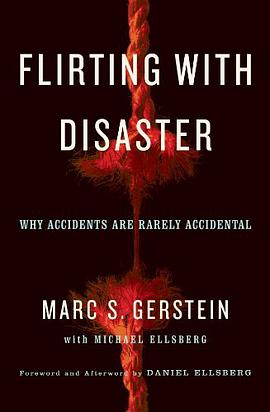

具体描述
The range of environments in which people can survive is extensive, yet most of the natural world cannot support human life. The Biology of Human Survival identifies the key determinants of life or death in extreme environments from a physiologist's perspective, integrating modern concepts of stress, tolerance, and adaptation into explanations of life under Nature's most austere conditions. The book examines how individuals survive when faced with extremes of immersion, heat, cold or altitude, emphasising the body's recognition of stress and the brain's role in optimising physiological function in order to provide time to escape or to adapt. In illustrating how human biology adapts to extremes, the book also explains how we learn to cope by blending behaviour and biology, first by trial and error, then by rigorous scientific observation, and finally by technological innovation. The book describes life-support technology and how it enables humans to enter once unendurable realms from the depths of the ocean to the upper reaches of the atmosphere and beyond. Finally, it explores the role that advanced technology might play in special environments of the future, such as long journeys into space.
作者简介
目录信息
读后感
评分
评分
评分
评分
用户评价
相关图书
本站所有内容均为互联网搜索引擎提供的公开搜索信息,本站不存储任何数据与内容,任何内容与数据均与本站无关,如有需要请联系相关搜索引擎包括但不限于百度,google,bing,sogou 等
© 2026 book.wenda123.org All Rights Reserved. 图书目录大全 版权所有




















